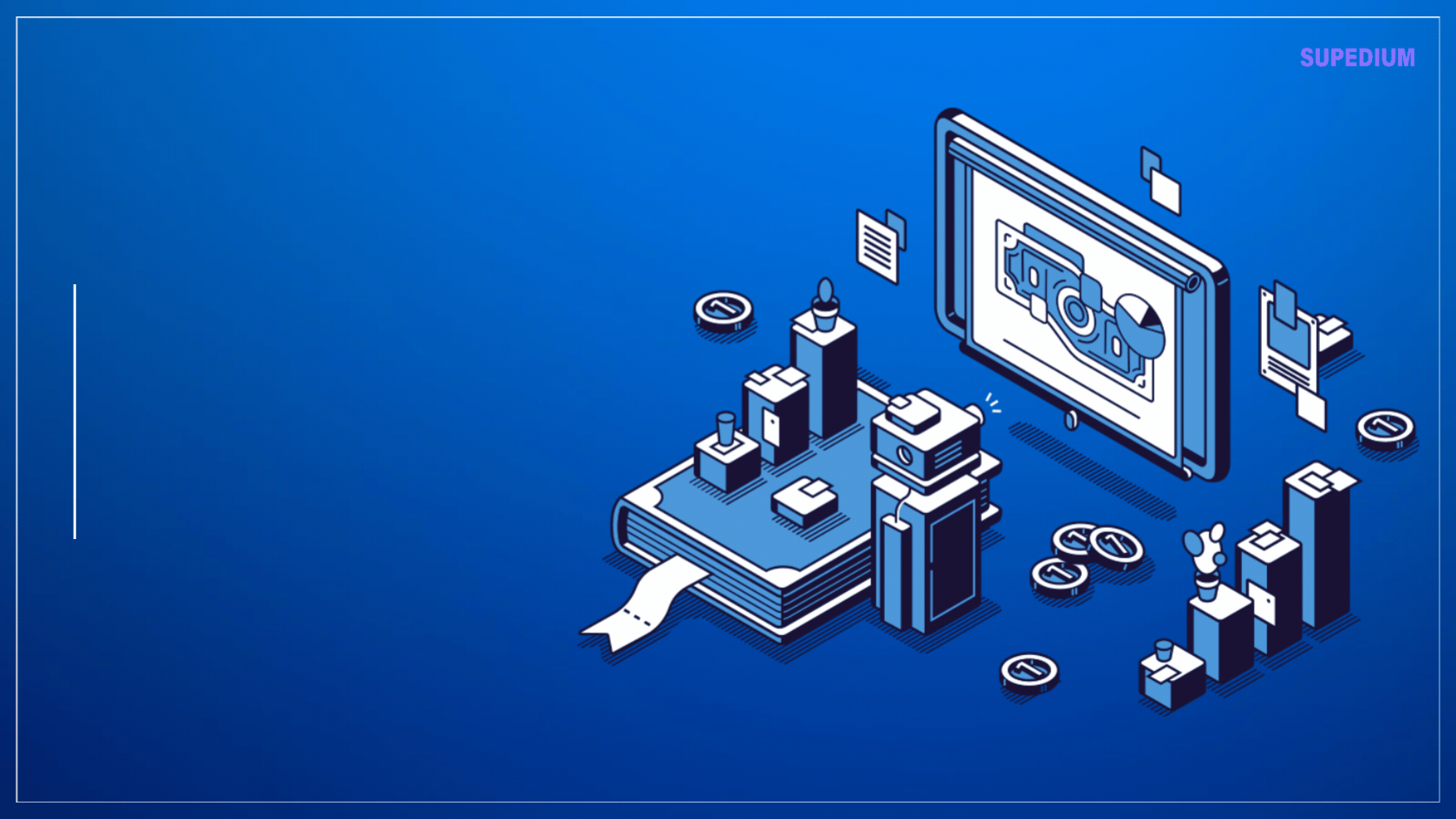Table of Contents
![]()
Introduction
In the rapidly evolving landscape of technology, innovation plays a crucial role in shaping our world. Modern technology encompasses a wide range of advancements that transform various sectors, improving efficiency, accessibility, and overall quality of life. This article explores some of the most innovative technologies today, highlighting their applications, implications, and future potential.
Artificial Intelligence (AI)
Overview of AI
Artificial Intelligence (AI) refers to the simulation of human intelligence in machines that are designed to think and learn. AI can be categorized into narrow AI, which performs specific tasks, and general AI, which aims to replicate human cognitive abilities. The evolution of AI has been remarkable, progressing from simple algorithms to complex systems capable of learning and decision-making.
Applications of AI
AI is making significant strides across various fields:
- Healthcare: AI algorithms are utilized for diagnostics, enabling quicker and more accurate disease detection. Personalized medicine leverages AI to tailor treatments based on individual patient data.
- Autonomous Vehicles: AI powers self-driving technology, enhancing road safety and reducing traffic congestion.
- Natural Language Processing: AI-driven chatbots and translation services improve communication and customer service across industries.
- Robotics: AI is at the heart of modern robotics, enabling machines to perform tasks in manufacturing and service sectors efficiently.
Future Trends in AI
The future of AI promises exciting developments, but ethical considerations must be addressed. As AI continues to influence creative fields, such as art and music, discussions around ownership, bias, and accountability will become increasingly important.
Blockchain Technology
Explanation of Blockchain
Blockchain technology is a decentralized digital ledger that securely records transactions across multiple computers. This structure enhances transparency and reduces the risk of fraud compared to traditional databases.
Key Applications
Blockchain’s potential applications are vast:
- Cryptocurrency: Bitcoin and Ethereum are leading examples of how blockchain is reshaping finance by providing decentralized alternatives to traditional currencies.
- Supply Chain Management: Blockchain improves traceability and efficiency, enabling businesses to track products from origin to consumer.
- Smart Contracts: These self-executing contracts automate agreements, reducing the need for intermediaries and increasing trust.
- Identity Verification: Blockchain offers secure methods for identity management, enhancing privacy and security.
Potential Challenges and Future Prospects
Despite its promise, blockchain faces scalability issues and regulatory concerns that could hinder widespread adoption. Addressing these challenges will be crucial for the technology’s future growth.
Quantum Computing
Introduction to Quantum Computing
Quantum computing represents a paradigm shift in computational power. Utilizing quantum bits (qubits) allows for parallel processing capabilities far beyond those of classical computers.
Current State of Quantum Computing
As the field matures, several key players are developing quantum computers, each achieving varying levels of capability. While still in its infancy, quantum computing is poised to revolutionize multiple industries.
Potential Applications
Quantum computing holds promise in several areas:
- Drug Discovery and Materials Science: By simulating molecular interactions, quantum computers can significantly speed up the development of new drugs and materials.
- Complex Problem-Solving: Industries requiring optimization and simulations, such as finance and logistics, can benefit from quantum algorithms.
Challenges Ahead
The path to practical quantum computing is fraught with technical hurdles, including error correction and hardware stability. Ethical implications surrounding its use also warrant careful consideration.
Internet of Things (IoT)
Definition and Components of IoT
The Internet of Things (IoT) refers to a network of interconnected devices that communicate and share data. Key components include sensors, software, and connectivity, enabling smarter operations.
Applications in Daily Life
IoT is increasingly integrated into daily activities:
- Smart Homes: Devices like smart thermostats and security systems enhance convenience and energy efficiency.
- Wearable Technology: Fitness trackers and health monitors provide real-time health data to users.
- Industrial IoT: In manufacturing, IoT applications facilitate predictive maintenance and streamline operations.
Challenges and Concerns
While IoT offers many benefits, it also raises data security and privacy concerns. Ensuring interoperability among diverse devices remains a significant challenge.
5G Technology
Explanation of 5G and Its Significance
5G technology represents the fifth generation of mobile network technology, boasting enhanced speed and lower latency compared to its predecessors. This advancement is crucial for meeting the demands of modern connectivity.
Impact on Various Sectors
The implications of 5G are profound across several industries:
- Enhanced Mobile Experiences: Faster internet speeds enhance streaming and gaming, providing users with seamless experiences.
- IoT and Smart City Development: 5G enables the proliferation of IoT devices, facilitating the growth of smart cities and improving urban living.
- Remote Healthcare and Telemedicine: With 5G, healthcare providers can offer real-time consultations and remote monitoring, expanding access to care.
Future Implications
The economic opportunities presented by 5G are vast, but there are concerns regarding the global digital divide. Ensuring equitable access to this technology is essential for maximizing its benefits.
Biotechnology and Genetic Engineering
Overview of Biotechnology
Biotechnology encompasses a range of techniques that manipulate living organisms or their components to develop products and technologies. One of the most notable advancements in recent years is CRISPR gene editing.
Applications
Biotechnology has transformative potential in several areas:
- Agriculture: Genetically modified organisms (GMOs) improve crop yields and resilience to pests.
- Medicine: Personalized treatments and regenerative medicine utilize biotechnological advancements to enhance patient care.
Ethical and Social Considerations
As biotechnology progresses, ethical considerations regarding genetic privacy and biodiversity impacts will become increasingly important, necessitating careful regulation and oversight.
Renewable Energy Technologies
Importance of Renewable Energy
As the world confronts climate change, renewable energy technologies are crucial for a sustainable future. They reduce dependence on fossil fuels and lower greenhouse gas emissions.
Innovations in Renewable Energy
Recent advancements in renewable energy include:
- Solar Energy: Photovoltaics and solar thermal technologies are becoming more efficient and affordable.
- Wind Energy: Innovations in turbine technology enhance the efficiency of wind farms.
- Energy Storage Solutions: Advanced batteries and supercapacitors are vital for storing energy generated from renewable sources.
Future of Energy Technologies
The integration of renewable energy technologies with smart grids presents exciting opportunities for enhancing energy management and facilitating the global energy transition.
Conclusion
The technologies discussed in this article—AI, blockchain, quantum computing, IoT, 5G, biotechnology, and renewable energy—represent the forefront of modern innovation. Their interconnectivity and potential to address global challenges underscore the importance of fostering innovation while navigating ethical considerations. As we look to the future, these technologies will undoubtedly play a pivotal role in shaping our society, economy, and environment. Embracing these advancements responsibly will be key to unlocking their full potential.
Share This





Be the first to comment